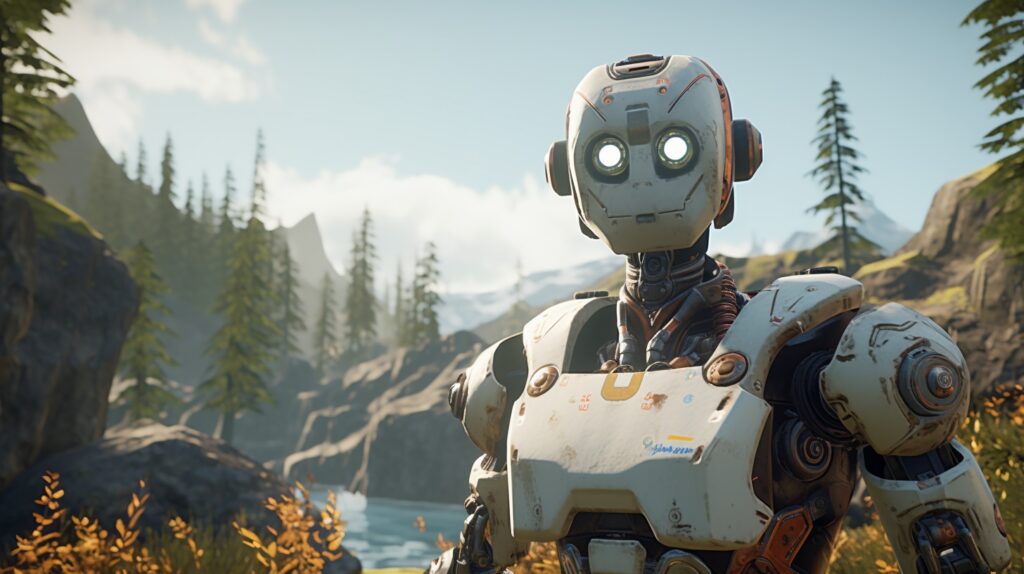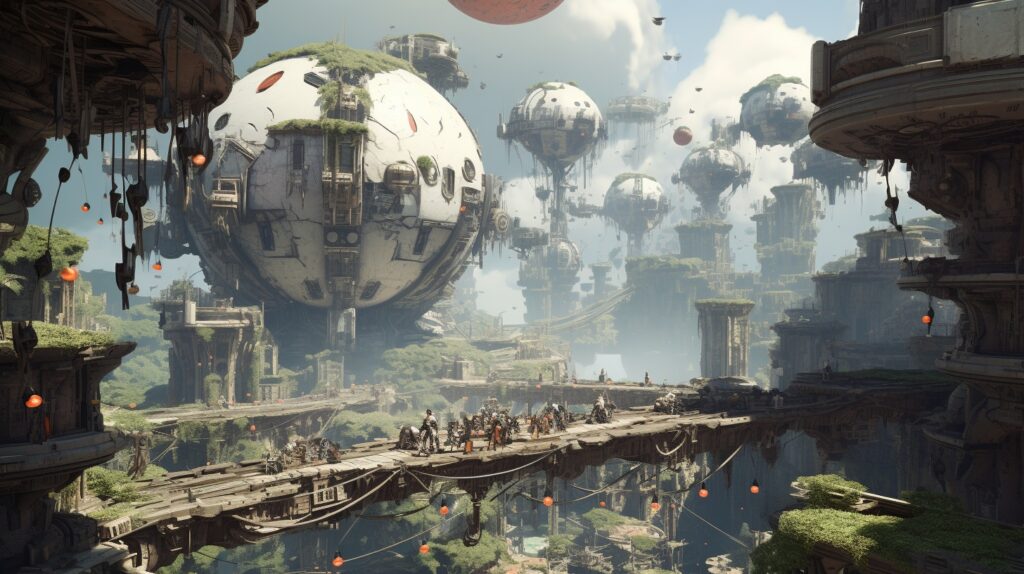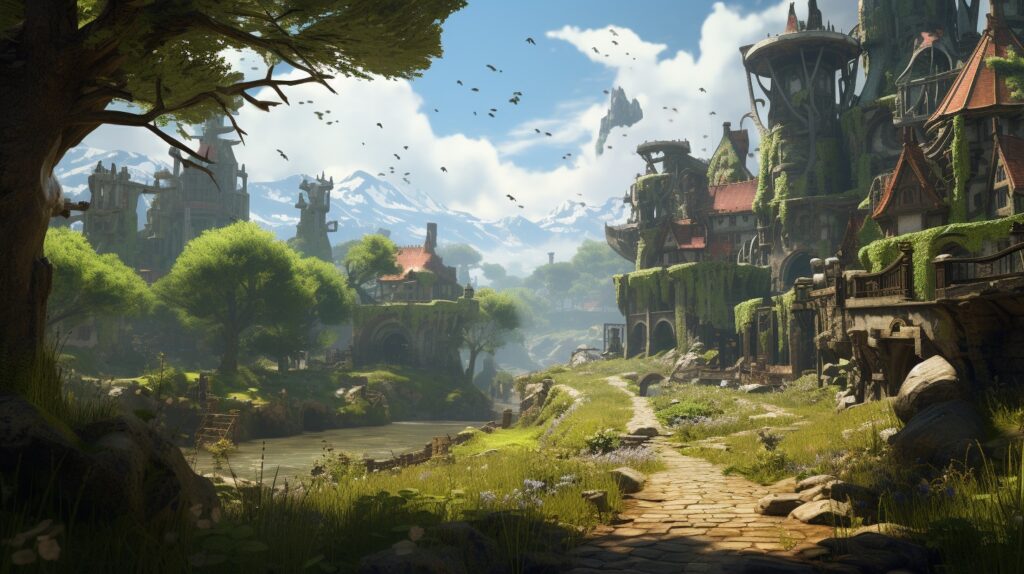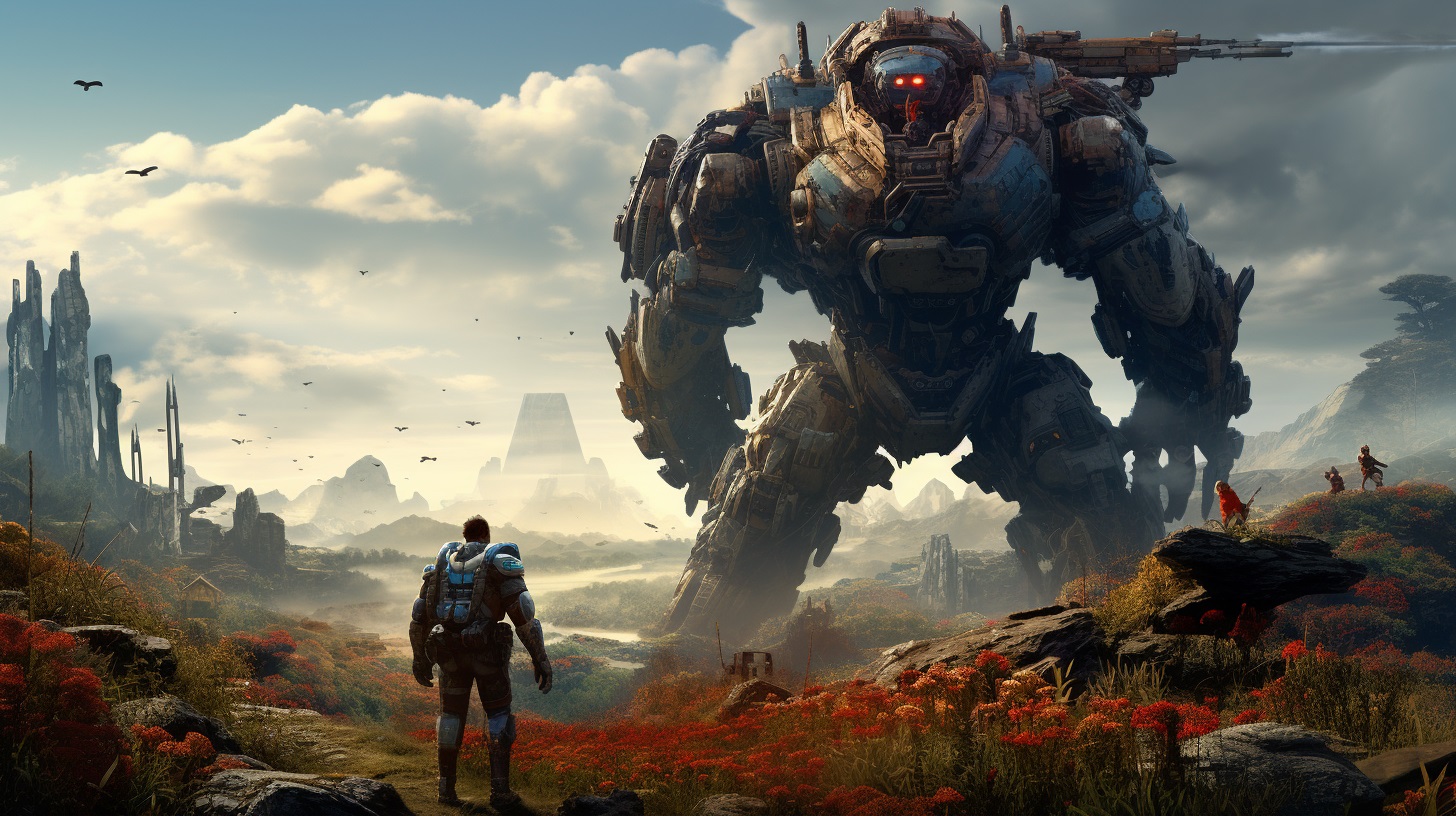Artificial Intelligence (AI) has been a game-changer across various industries, and the video game sector is no exception [1]. The potential of AI in game development has sparked excitement about the possibilities it brings to streamline processes, improve gameplay, and create new opportunities for the industry. However, some concerns have also arisen about the potential impact on jobs and the industry’s workforce. In this article, we will explore the positive and negative aspects of AI’s role in the video game industry, shedding light on its potential to create more jobs.
AI Tools for Streamlining Game Development
AI offers new and powerful tools for game developers, enabling them to streamline the game development process and make it more efficient. AI-powered systems can automate tedious tasks like generating hundreds of pages of scripts, voice acting for background characters, and even creating thousands of pieces of art. This automation allows game studios to save time and resources, enabling them to focus on more creative aspects of game development and storytelling.

Addressing Video Game Crunch
The video game industry is notorious for its crunch culture, where developers often work long hours to meet tight deadlines. AI has the potential to help alleviate this issue by automating certain repetitive tasks, reducing the pressure on developers to meet strict schedules. By providing tools to speed up game development, AI can contribute to a healthier work-life balance for developers and lead to better-quality games.
Impact on Job Opportunities
While AI can enhance productivity and efficiency in game development, some developers worry about the potential impact on job opportunities. As Artificial Intelligence tools advance, the concern arises that they may replace certain roles, leading to job displacement. For instance, there are concerns about whether AI could replace quality assurance testers, as it becomes more adept at identifying bugs in games. However, industry experts argue that Artificial Intelligence is not here to replace jobs but to complement human skills and creativity, opening up new possibilities for collaboration.

Advancements in AI NPCs
Non-playable characters (NPCs) play a crucial role in video games, enhancing the gaming experience and storytelling. Recent advancements in AI, particularly in machine learning and natural language processing, have led to the development of more sophisticated NPCs known as advanced AI NPCs. These characters can engage in more natural conversations, react intelligently to players’ actions, and add depth to the game world.
Enriching Interactive Experiences
Advanced AI NPCs offer exciting opportunities for game studios to enrich interactive experiences for players. With lifelike personalities and the ability to make intelligent decisions, these NPCs can enhance immersion and create a deeper emotional connection between players and the game world. By leveraging AI to create more dynamic and engaging characters, game developers can push the boundaries of interactive storytelling.

Conclusion
In conclusion, Artificial Intelligence undoubtedly holds great potential to revolutionize the video game industry. By providing innovative tools for game development, AI can lead to more efficient workflows, better game quality, and a reduction in the industry’s infamous crunch culture. While concerns about job displacement exist, the integration of AI in game development is more likely to complement human creativity and lead to the creation of new jobs in specialized AI-related roles. As the gaming industry continues to embrace AI advancements, it is essential to strike a balance between technology and human expertise to create immersive and unforgettable gaming experiences for players worldwide.

















